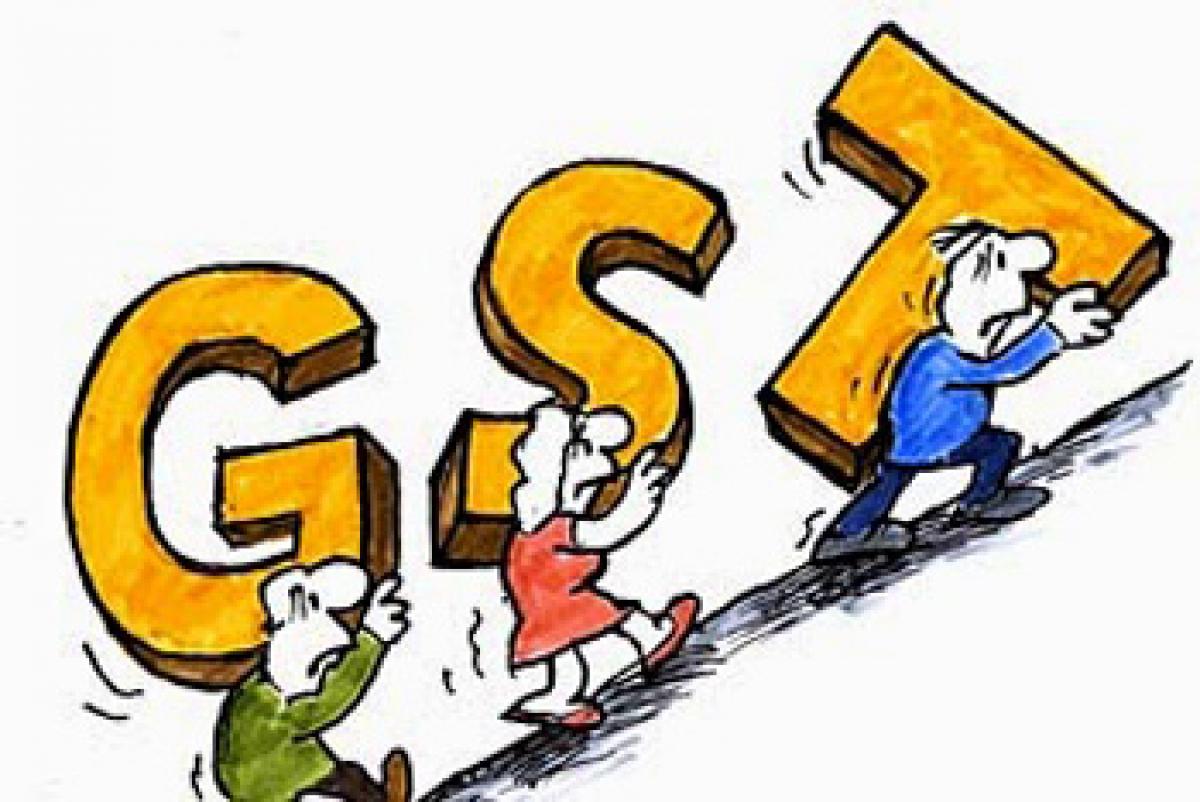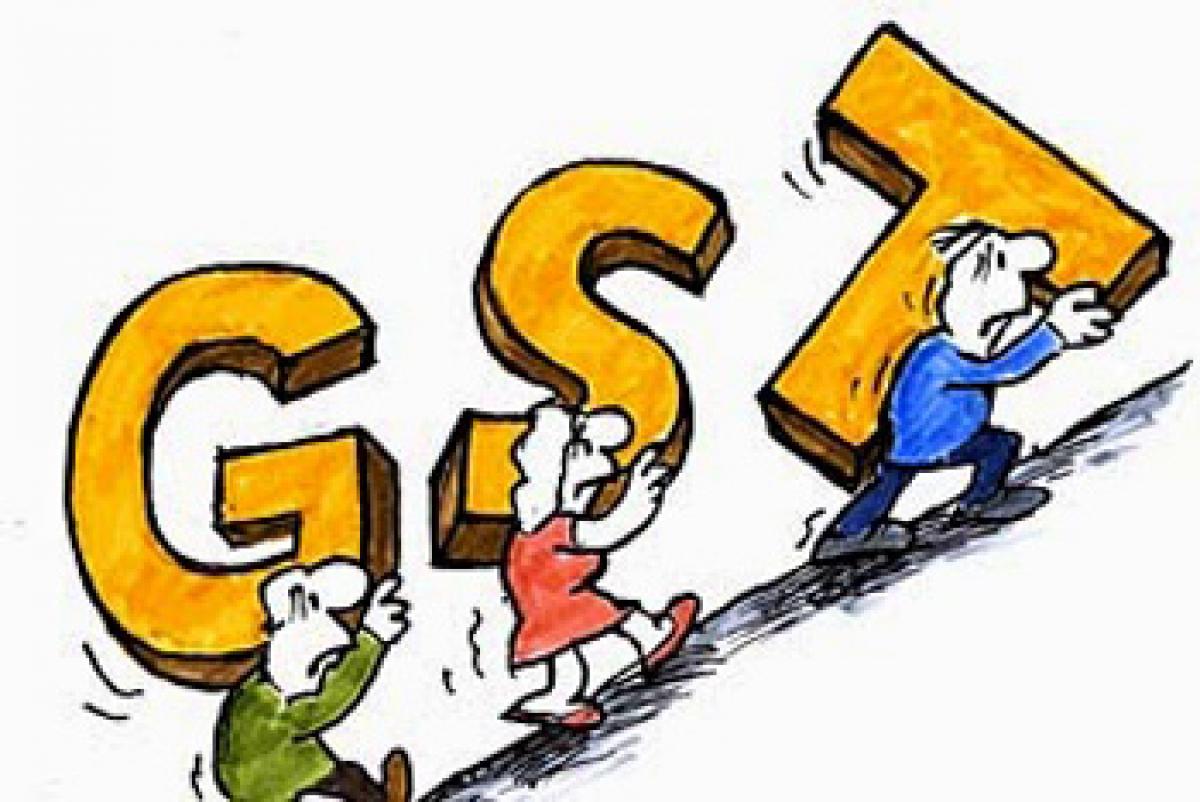Live
- NASA Tracks Five Giant Asteroids on Close Approach to Earth Today
- Pushpa 2 Hits ₹1000 Crore in 6 Days: How It Compares to Other Top Indian Films
- Vivo X200 and X200 Pro Launched in India: Price, Specifications, and Features
- Nitin Gadkari Admits Feeling Embarrassed at Global Summits Over Rising Road Accidents in India
- Comprehensive Review on Indiramma Housing Survey and Welfare Initiatives Conducted via Video Conference
- Jogulamba Temple Records Rs 1.06 Crore Hundi Revenue in 150 Days
- Opposition Slams ‘One Nation, One Election’ Bill as Anti-Democratic; BJP Allies Support the Move
- Celebrate Karthigai Maha Deepam Virtually with Sri Mandir’s LIVE Darshan Experience
- BJP Extends Support to Samagra Shiksha Abhiyan Employees' Strike, Demands Immediate Regularization and Welfare Benefits
- Dr. M. Priyanka Stresses Quality Education, Nutritious Meals, and Cleanliness in Schools





 The Goods and Services Tax (GST) seeks to turn India into a common market, harmonising a slew of State and Central levies into a national sales tax. Finance Minister Arun Jaitley calls it the biggest reform since independence in 1947 that could add up to two percentage points to overall economic growth
The Goods and Services Tax (GST) seeks to turn India into a common market, harmonising a slew of State and Central levies into a national sales tax. Finance Minister Arun Jaitley calls it the biggest reform since independence in 1947 that could add up to two percentage points to overall economic growth



